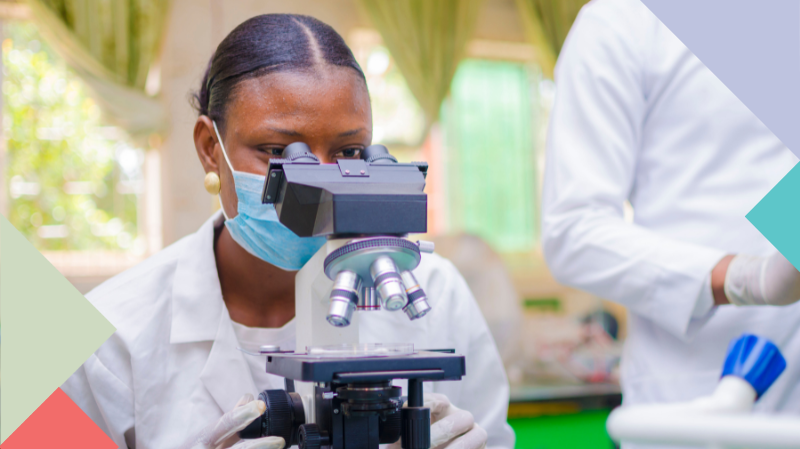
Drug-resistant infections claim the lives of millions yearly. Antimicrobial resistance (AMR) poses a major threat to global health, food security, and achieving the 2030 Sustainable Development Goals.
The report highlights national progress in Africa and Asia to tackle drug resistance through improved surveillance systems, supported by Fleming Fund investments.
It shows shows how improved surveillance systems can have wide-ranging effects in some of the countries where the impacts of AMR are felt the most.
The report was commissioned by the Fleming Fund as part of a long-term collaboration with Itad. The Fleming Fund is the single largest global aid programme for AMR surveillance supporting up to 25 countries across Africa and Asia. The Fund is led by the UK Government Department of Health and Social Care and the grants programme is managed by Mott MacDonald.
Itad has been the evaluation partner for Fleming Fund since 2016. During this time we evaluated the Fund’s portfolio of country and regional grants, global projects and fellowship schemes – all of which sought to strengthen AMR surveillance systems. We provided adaptive management support for Mott MacDonald, enabling ongoing learning and programme improvement, and conducted an evaluation of the Global Burden of Disease study into the use of global AMR prevalence data for policy making.
Our evaluation findings and recommendations are benefitting the Fleming Fund and the programmme delivery partners to work more effectively and achieve a greater return on the Fund’s investments. Read more about how we are helping the UK Government tackle the global antimicrobial emergency.
The report will be used to inform global debate and action on AMR, including discussions at the second United Nations General Assembly High-level Meeting on AMR in New York.
Ultimately, the authors hope that this report will inspire further action and commitment to tackling AMR globally.

